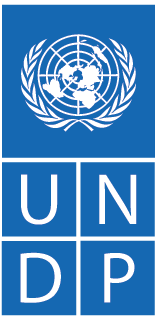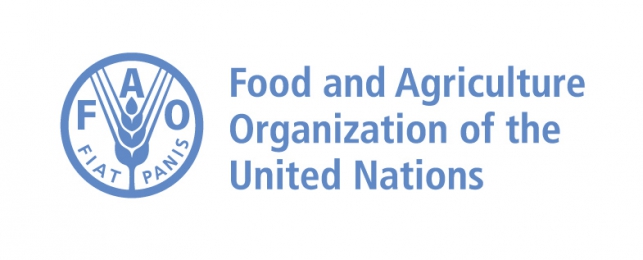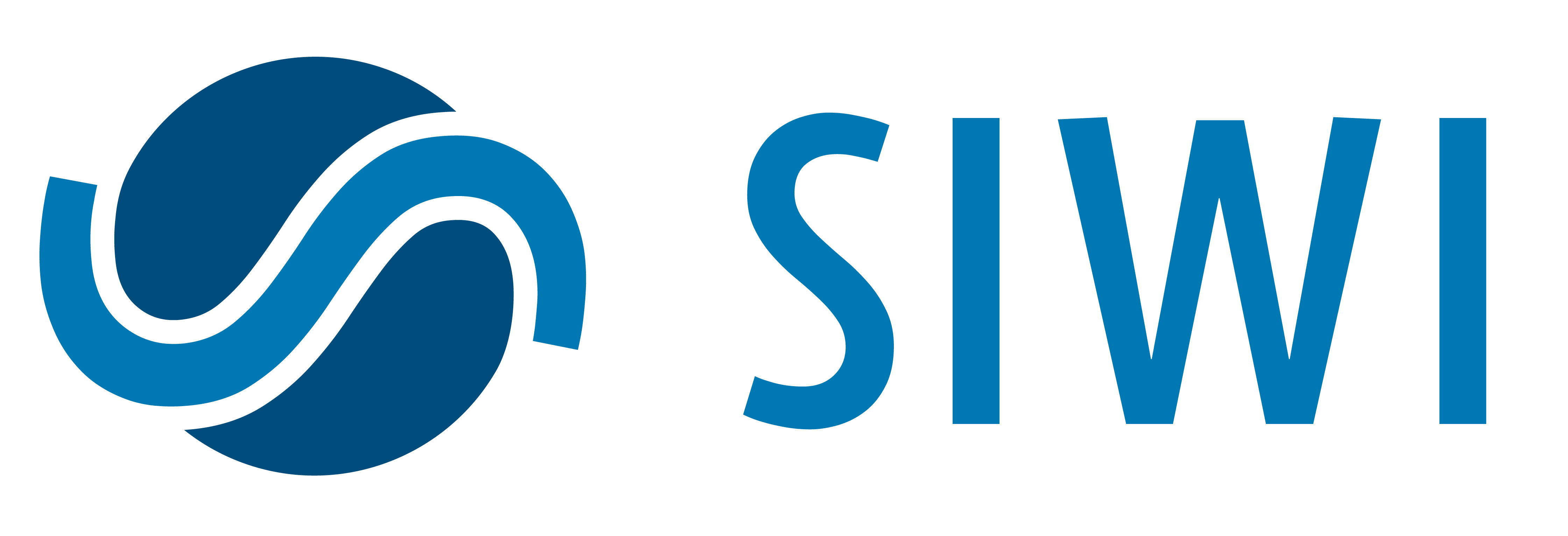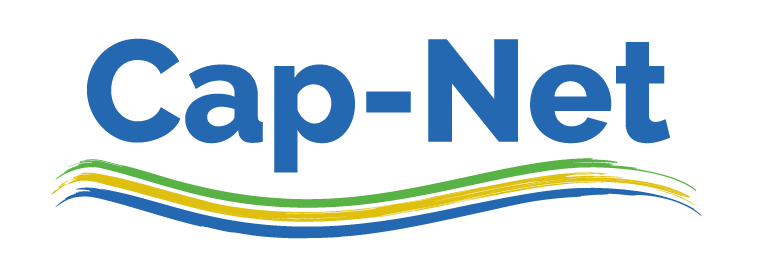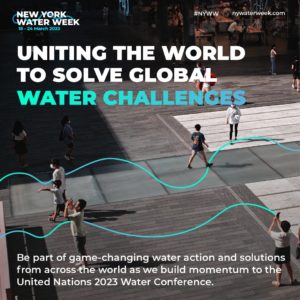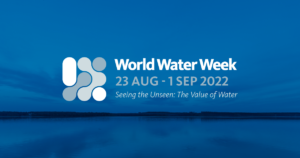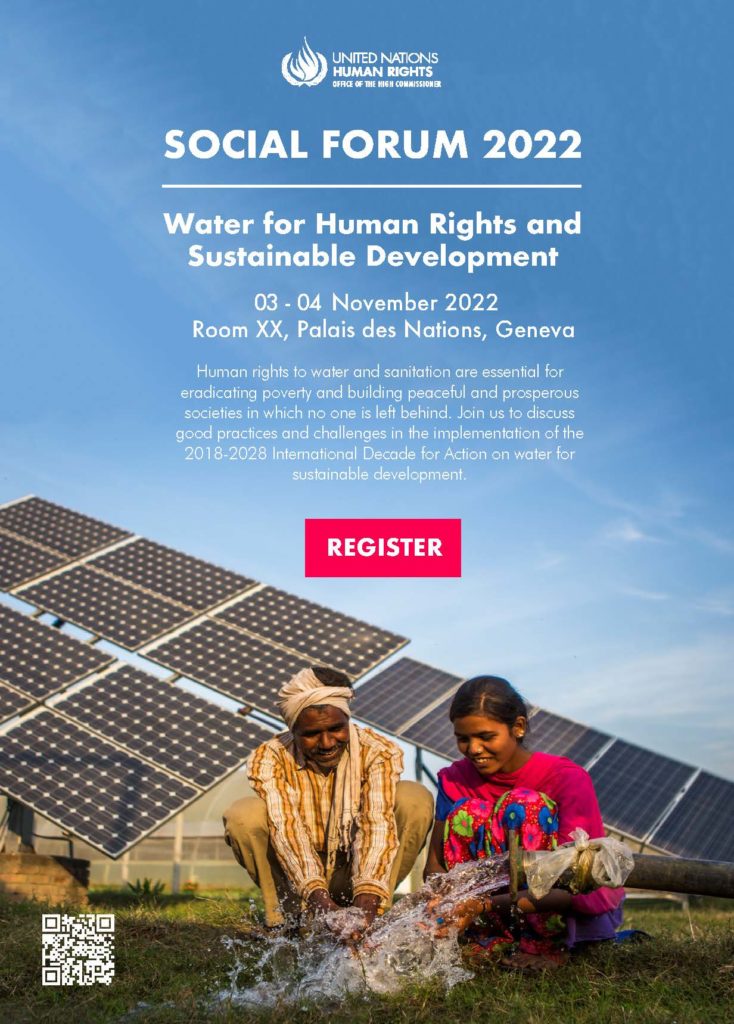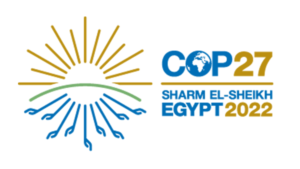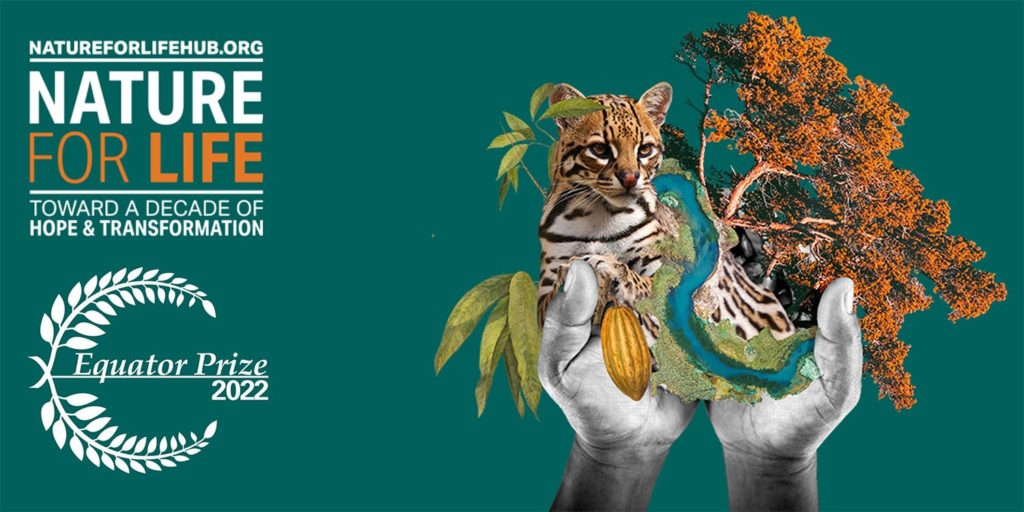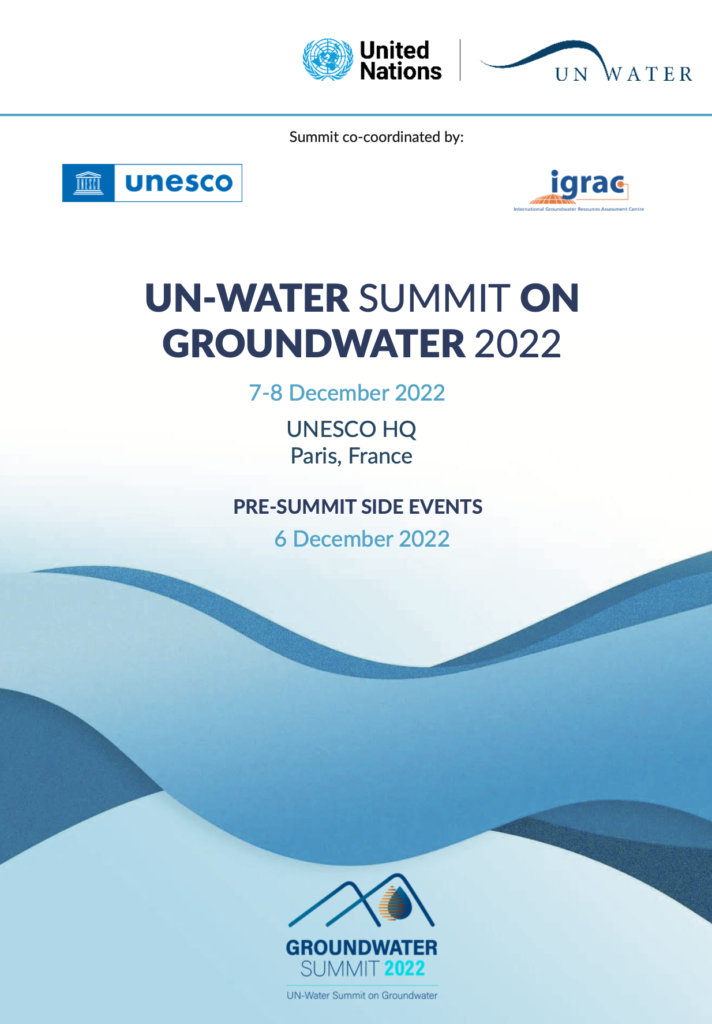Who is the reference group?
Indigenous Peoples and many local communities have important and long-standing connections with their local water bodies. As the impact of climate change deepens, it is increasingly critical to reach these communities, especially as their understanding of water and the environment can offer a more contextualized perspective.
The Group aims to serve as a reference point for indigenous people to mainstream water and land management more effectively in protecting vital ecosystems and their importance for water security and climate change mitigation and adaptation whilst recognizing their aspirations and helping build a platform for better understanding of their relationships to their local waters and the associated obligations thereof.
OFFICIAL SIDE EVENT
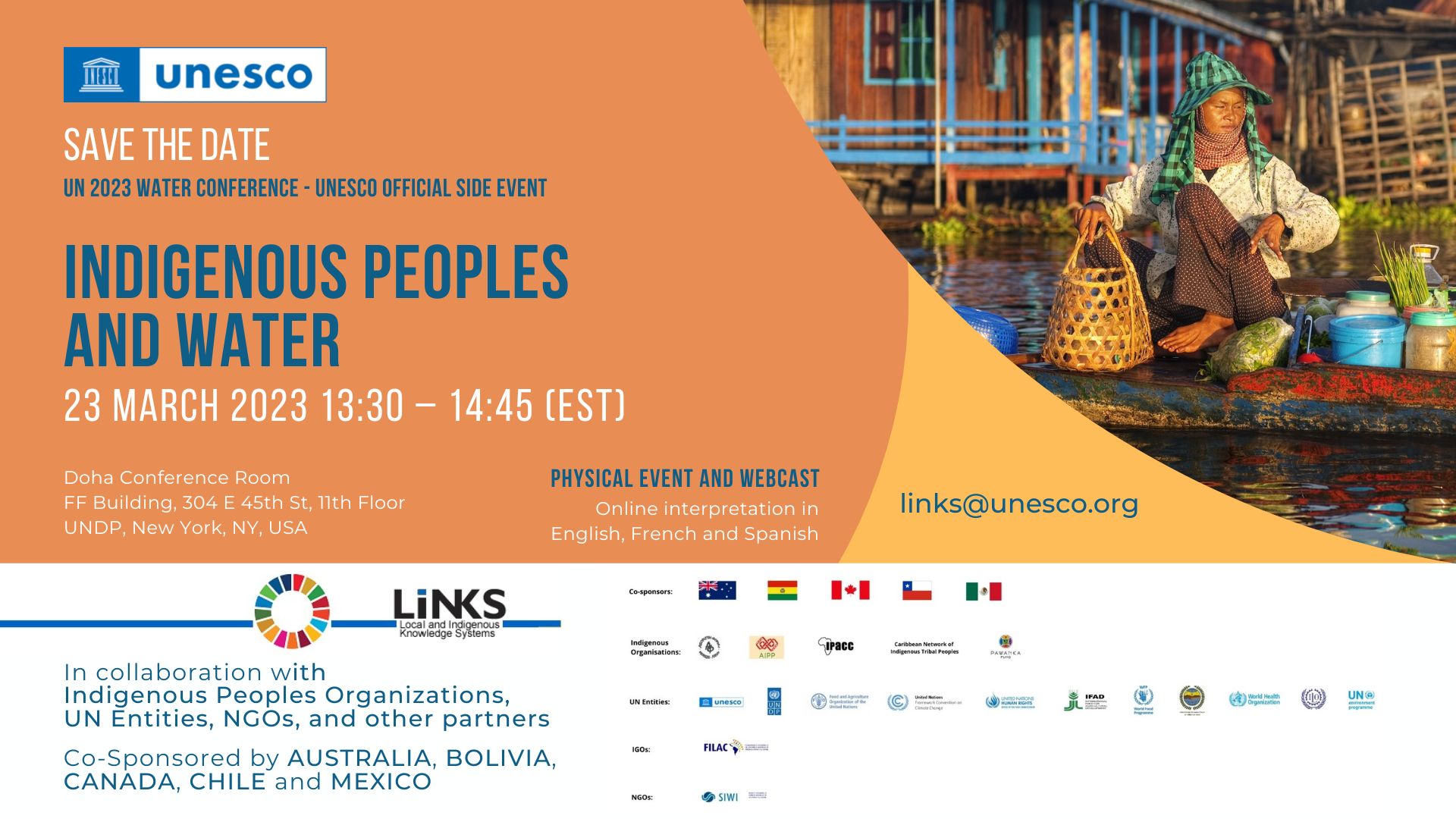
INDIGENOUS EVENTS AT THE CONFERENCE

One of the features of the Water Conference 2023 is the large number of events either being led by Indigenous Peoples or having significant representation by Indigenous Peoples. There is a wealth of options to reach out and learn from Indigenous experts - who are water experts. To make it easier, here is a list of all of the official side events, whether they are in the UNHQ, outside of the UNHQ, or virtual.
At the UN Water Conference Multi-Stakeholder Thematic Webinars, held virtually on 17 and 18 January, representative of the Informal Reference Group on Indigenous Peoples and Water, Tania Martinez participated as a panelist and provided an intervention on "Theme 4: Water for Cooperation".
Highlights
Events
18-24 March 2023: New York Water Week
New York Water Week will showcase game-changing water actions and solutions from across the world and build momentum for the United Nations 2023 Water Conference taking place 22 – 24 March 2023.
Coming Soon
Event Details Coming Soon: United Nations Declaration on the Rights of Indigenous Peoples
Past Events
6 June: Indigenous Peoples and Local Communities Forum: inclusive approaches to water in ecosystems, land, agriculture, and knowledge development
Organizers: United Nations Development Programme (UNDP) and United Nations Educational, Scientific and Cultural Organization (UNESCO)
24 August: Prioritizing Indigenous Peoples in International and Local Water Policy
Convenors: Aborigen Forum; Asia Indigenous Peoples Pact; Food and Agriculture Organization (FAO); Fund for the Development of Indigenous Peoples of Latin America and the Caribbean; Indigenous Peoples of Africa Co-ordinating Committee; United Nations Environment Programme (UNEP); UNDP-SIWI Water Governance Facility; United Nations Development Programme (UNDP); United Nations Educational, Scientific and Cultural Organization (UNESCO)
28 September: Annual Panel on Rights of Indigenous Peoples
6-18 November: United Nations Climate Change Conference (COP27)
Heads of State, ministers and negotiators, along with climate activists, mayors, civil society representatives and CEOs met in the Egyptian coastal city of Sharm el-Sheikh for the largest annual gathering on climate action.
Equator Prize Award Ceremony 2022: Celebrating the local action of ten Indigenous peoples and local communities
For more information contact:
Mr. Nigel Crawhall – Chief of Section, Local and Indigenous Knowledge, UNESCO (n.crawhall@unesco.org)
Mr. Terence Hay-Edie – Programme Advisor, Local Action, Indigenous Peoples and Nature, UNDP (terence.hay-edie@undp.org)
Mr. David Hebart-Coleman – Programme Manager – UNDP-SIWI Water Governance Facility (WGF), Stockholm International Water Institute (david.hebart.coleman@siwi.org)
Useful resources
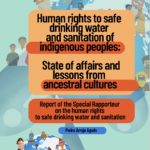
Report: Human rights to safe drinking water and sanitation of
indigenous peoples: state of affairs and lessons from ancestral cultures
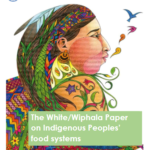
Report: The White/Wiphala Paper on Indigenous Peoples’ food systems
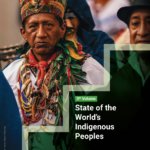
Report: State of the World’s Indigenous Peoples: Rights to Lands, Territories and Resources
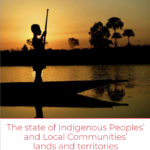
Report: The state of Indigenous Peoples’ and Local Communities’ lands and territories
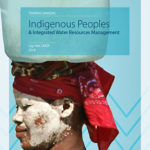
Training Manual: Indigenous Peoples & Integrated Water Resources Management
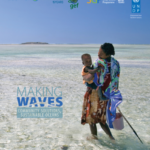
Report: Making Waves: Community Solutions, Sustainable Oceans
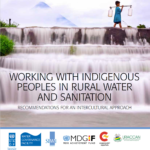
Report: Working with Indigenous Peoples in Rural Water and Sanitation: Recommendations for an Intercultural Approach
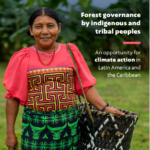
Report: Forest governance by indigenous and tribal peoples
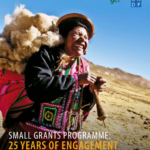
Report: Small Grants Programme: 25 Years of Engagement with Indigenous Peoples
